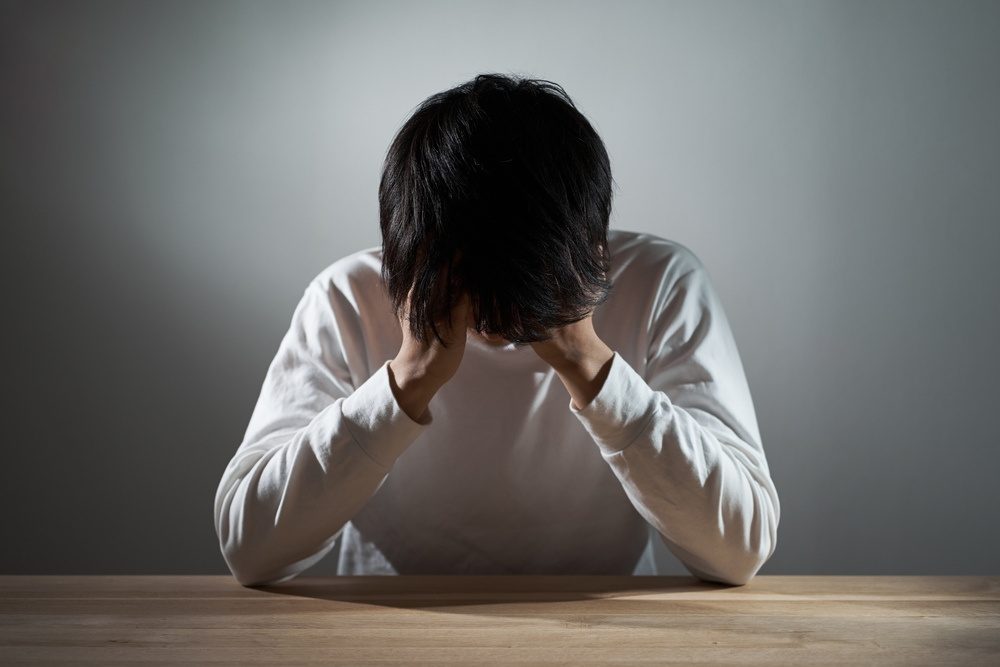
Last Updated:
October 13th, 2025
The impact of social connections on brain health cannot be overstated. When we feel lost, a community can become an unbreakable shield that sees us through the darkest of times, functioning as the cornerstone of recovery for people battling mental health issues and addiction.
Why is community support so crucial for mental health in recovery?
In many ways, the battle of addiction recovery is as much in the mind as it is in the body. While the body can work its way through physical withdrawal symptoms in a self-regulating way, psychological symptoms can be harder to overcome.
Without people around to support, mental health can become a pernicious battle fought against oneself.
Some of the most prevalent reasons community support is crucial for mental health in recovery include:
Reduced feelings of isolation
Humans are undoubtedly social beings. We live to see improvements in ourselves, our loved ones and our surrounding social circle. For many people in recovery, overwhelming lifestyle upheavals feel too difficult to deal with, so a choice is made to self-isolate. The resulting loneliness only serves to intensify mental health struggles and makes symptoms worse.
When you’re part of a supportive group, there is a sense of belonging to a larger, greater good, which is a feeling unavailable to someone in isolation. You’re alongside people with similar experiences with whom you can share your struggles.
The impact of social connection on the brain
Aside from feeling less isolated, there are biological benefits for the mind when you feel like you’re connected to people who care about your well-being. Research highlights how social engagement stimulates cognitive processes, including your ability to remember, maintain attention and problem-solve. Even for people who never enter recovery, the benefits of having strong social connections are numerous, with research showing that less participation in social activities contributes to an elevated risk of Alzheimer’s Disease Related Dementias (ADRD).
What are the different types of community support in recovery?
The beauty of community support is that it can take many forms. The recovery process can be extremely overwhelming, treatment providers know that. The feeling of community can be introduced and developed gradually, in a way that suits you.
We may categorise community support in recovery into three main types, each one involving people from broader and wider social sources:
Family and friends
First and foremost, almost all people derive a sense of community from their family and loved ones. They are the first people in our lives who instill feelings of safety and belonging. Family and friends are often integrated into inpatient treatment with practices of family therapy.
Professional therapies used in recovery include:
- BCT is intended for married or cohabiting couples where one person suffers from a substance use disorder (SUD). This kind of therapy often promotes and rewards abstinence with a “recovery contract,” improving communication and developing commitment.
- Family behaviour therapy (FBT): One of the most successful family therapy models, FBT has a broad selection of evidence-based treatments to develop the family unit. It focuses on how the behaviour of a person with an addiction affects the family as a whole and works towards changing those behaviours.
- Brief strategic family therapy (BSFT): BSFT is geared towards families who have struggling adolescents with SUDs. It uses broad scientific research to support adolescent substance abuse, which stems from unhealthy family dynamics.
Professional support networks
Leading on from community support involving family and loved ones, recovery supports you with one-on-one guidance from therapists, recovery coaches and mental health professionals. They often become bridges that lead you to the destination of sobriety. Many people in recovery struggle for years as addiction ravages relationships with family and friends. The space that expert therapists create is safe; an arena of no judgement, where you can open up and express your troubles for cathartic release.
Group therapy and peer-led community
Finally, the most open and diverse community support will stem from group therapy and peer-led community activities. Every person has their own story and sometimes the most powerful connections we make are with people who have walked a similar path. Hearing others share their stories and growing with them can create a wellspring of inspiration that brings you to where you want to be in life, sober and free.

How community support links to common mental health challenges
The right support network provides an inextinguishable light even in the darkest of times. Some of the most common mental health struggles people face can be helped with community support, including:
- Depression and anxiety: Depression and anxiety are two of the most common feelings experienced by people with addiction. Research shows that as many as half of all people with severe mental disorders are affected by substance abuse. Shared connections with a social community can bring calming feelings when depression and anxiety feel strongest.
- Addiction and relapse prevention: Addiction thrives in isolation. Being around a community that truly understands what you’re going through encourages long-term change and creates a sense of accountability. Research sadly indicates that 85% of people in recovery will relapse within a year, if they don’t have the kind of support that a community provides.
- Stress and emotional resilience: Everyone faces stress and has their emotions tested in a myriad of ways. Having supportive relationships can become a shield against life’s relentless pressures. Having people you can open up to, rather than bottling it up, strengthens emotional resilience over time. Even if a community can’t directly remove your stress, they certainly help carry the load.
Tips for building and maintaining a supportive network
Creating a support system inside or outside of treatment does not have to be complicated, but it does require intention. Finding and maintaining support for mental health or addiction can begin with a few simple steps:
Be honest about what you need
The most crucial step for activating positive change starts from the inside. Before turning to others, honestly evaluate how you feel, your living situation and your mental state. Journaling is one of the best ways to reflect and become incrementally more honest about needing support. Throughout the process, be kind to yourself while being honest about exactly what you need to feel happy.
Reach out, even when it feels hard
Once you’ve spent time reflecting and evaluating what you need, recognise that we all have blind spots. In many instances, the way we feel about ourselves can be catastrophised or negatively reinforced. This is when it’s critical to reach out to those you love, no matter how hard it might be. Allow yourself to feel vulnerable; that’s a natural part of recognising the need for support.
Find the kind of support that is right for you
Support and community come in many forms. Some people thrive in group settings, while others need one-on-one conversations to heal. Explore the different options in therapy and community support and find what feels safe, empowering and real for you.
Stay connected, even when life is improving
It unfortunately becomes easy to pull away from a support system once you start to feel better. Maintaining connections is the most critical part of lasting recovery. Write a list of the people who have been helping you so far. These people can keep you uplifted and prevent setbacks. Staying connected will reinforce healthy habits and remind you that you don’t have to face change alone. Recovery and mental well-being require a focus on more than just the hard days; they need diligence and dedication to support during the good ones too.
I need support with my addiction and mental health
Struggling with mental health and addiction can feel overwhelming, but you’re not alone—and help is available.
At UKAT, we understand how isolation, anxiety, and substance use can take over your life. Our evidence-based therapies and supportive community are here to guide you through detox, manage withdrawal, and lead you toward lasting recovery.
One phone call can start your journey to a healthier, addiction-free life. Reach out today
(Click here to see works cited)
- Weaver AN, Jaeggi SM. Activity Engagement and Cognitive Performance Amongst Older Adults. Front Psychol. 2021 Mar 11;12:620867. doi: 10.3389/fpsyg.2021.620867. PMID: 33776844; PMCID: PMC7990770.
- Joshi P, Hendrie K, Jester DJ, Dasarathy D, Lavretsky H, Ku BS, Leutwyler H, Torous J, Jeste DV, Tampi RR. Social connections as determinants of cognitive health and as targets for social interventions in persons with or at risk of Alzheimer’s disease and related disorders: a scoping review. Int Psychogeriatr. 2024 Feb;36(2):92-118. doi: 10.1017/S1041610223000923. Epub 2023 Nov 23. PMID: 37994532; PMCID: PMC11058077.
- Drake RE, Mueser KT, Brunette MF. Management of persons with co-occurring severe mental illness and substance use disorder: program implications. World Psychiatry. 2007 Oct;6(3):131-6. PMID: 18188429; PMCID: PMC2174596.
- Kitzinger RH Jr, Gardner JA, Moran M, Celkos C, Fasano N, Linares E, Muthee J, Royzner G. Habits and Routines of Adults in Early Recovery From Substance Use Disorder: Clinical and Research Implications From a Mixed Methodology Exploratory Study. Subst Abuse. 2023 Feb 11;17:11782218231153843. doi: 10.1177/11782218231153843. PMID: 36798446; PMCID: PMC9926005.


